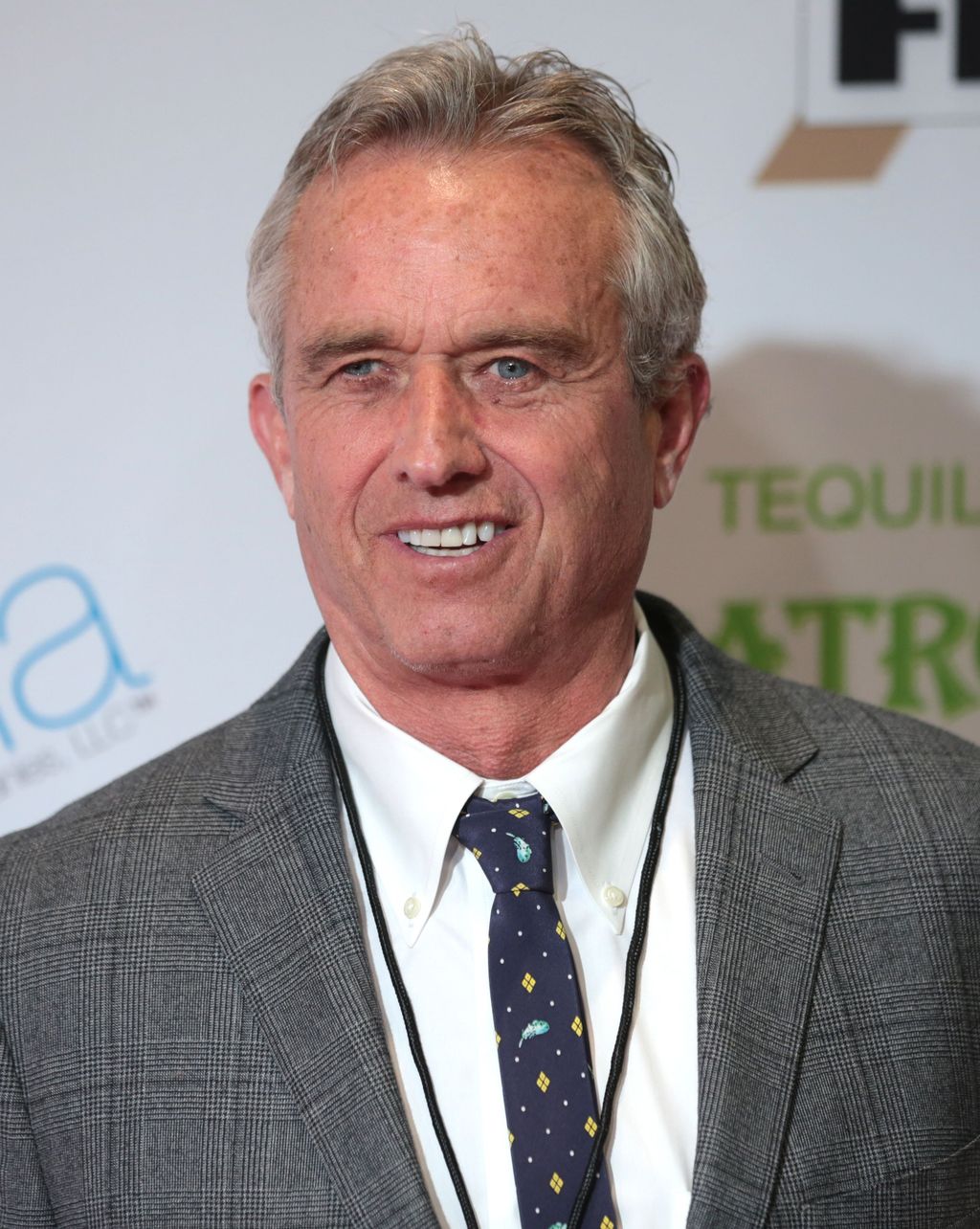
In his initial weeks as health secretary, Robert F. Kennedy Jr. has initiated a significant regulatory challenge, declaring his intent to confront an obscure process that, according to many observers, has been broadly utilized by the food industry for an extended period. This particular pathway enables companies to introduce novel ingredients or chemicals into food products without necessitating a prior review by the Food and Drug Administration, provided they are self-certified as “generally recognized as safe,” or GRAS.
At his confirmation hearing in January, Mr. Kennedy articulated his view that this designation has led to new chemicals being regarded as “innocent until proven guilty,” resulting in a proliferation of thousands of ingredients within the American food system. He asserted, “It needs to end, and I believe I’m the one person who’s able to end it,” emphasizing his determination to address this long-standing issue.
In March, Mr. Kennedy formally directed the Food and Drug Administration to re-evaluate the GRAS rule, characterizing it as a “loophole” that necessitates elimination. While his immediate focus may appear to be on food companies and the manufacturers of ultraprocessed snacks, the potential elimination of the GRAS pathway carries profound implications.
Such a regulatory shift would also represent a considerable challenge for the rapidly expanding multibillion-dollar supplement industry. This sector has routinely leveraged the GRAS pathway to swiftly introduce new ingredients to the market with minimal oversight, a practice that now faces direct scrutiny from the new administration.

Mr. Kennedy’s announcement, as expected, caused unease in the dietary supplement industry. This prompted dietary supplement manufacturers to issue concerned communications and intensified lobbying efforts by various industry associations in Washington to protect their interests. Since March, leaders from four major dietary supplement industry associations have held multiple discussions with officials from the U.S. Food and Drug Administration (FDA), urging continued recognition of the purported benefits of the designation.
Supplement manufacturers fear they may become unintended victims of broader efforts aimed at curbing unhealthy dietary habits. Duffy MacKay, Senior Vice President of Dietary Supplements at the Consumer Healthcare Products Association (a leading industry association), noted that Mr. Kennedy and his team “may not have fully realized that this move could ultimately limit consumer choice in supplements, which contradicts their overall stance.”
This concern highlights a notable contradiction, as Mr. Kennedy has indeed been a staunch advocate for dietary supplements. Ahead of the 2024 presidential election, he publicly pledged to end what he termed the “radical suppression” of vitamins, dietary supplements, and other health products, aligning with industry objectives.
Furthermore, several individuals closely associated with the health secretary maintain significant connections to the supplement industry. Dr. Mark Hyman, a long-time friend of Mr. Kennedy, operates a website where he sells a diverse array of supplements. Calley Means, an adviser to Mr. Kennedy, co-founded Truemed, a company that facilitates the purchase of supplements and other health-related products using pretax funds.
Product on Amazon: Nature Made Iron 65 mg (325 mg Ferrous Sulfate) Tablets, Dietary Supplement for Red Blood Cell Support, 180 Tablets, 180 Day Supply
Brand: Visit the Nature Made Store
Price: 5.63 USD
Rating: 4.7 Total reviews: 48571
Item Form: Tablet
Primary Supplement Type: Calcium
Unit Count: 180 Count
Flavor: Unflavored
Features:
1. Iron support supplement: contains one 180 count bottle of Nature Made Iron 65 mg (325 mg Ferrous Sulfate)(1) Tablets for a 180-day supply
2. This Nature Made Iron supplement is an Iron deficiency supplement that is vital for red blood cell formation and supports healthy cognitive function
3. This adult Iron supplement 65 mg provides a dietary supplement for those who are Iron deficient, including women in their reproductive years
4. Adults take one of these 65 mg Nature Made Iron tablets for Iron deficiency daily with water and a meal
5. These gluten free Nature Made Iron supplements have no synthetic dyes and no artificial flavors
Top Review from US: “very good product and it is in a good condition, this is a healthy supplement that should be taken by everyone. this iss overall good for its price”
Shopping on Amazon >>
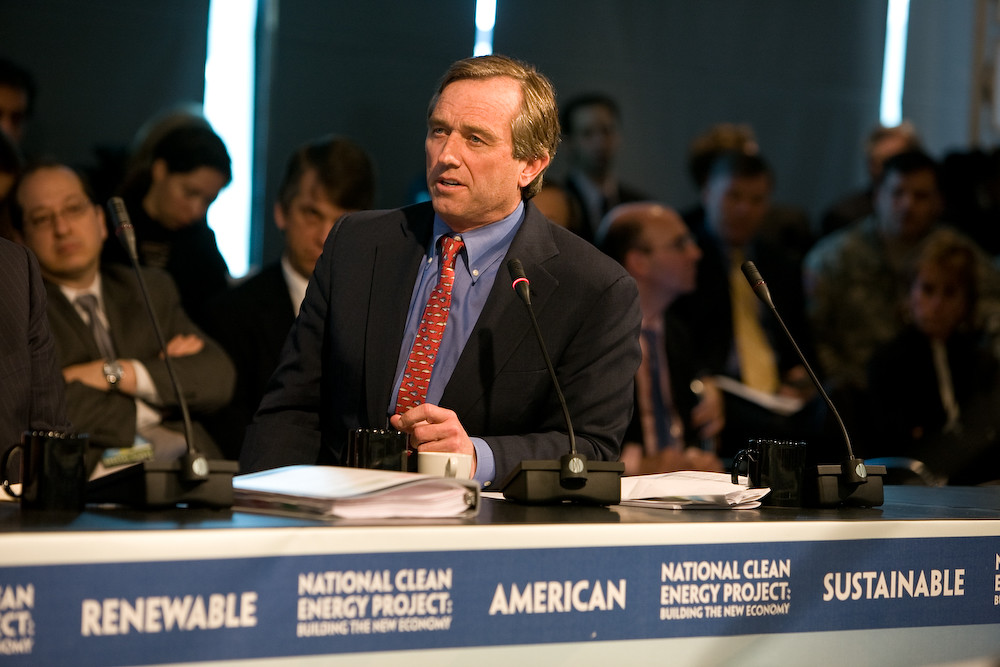
These relationships highlight the complex dynamics within Mr. Kennedy’s rising movement. They reflect a dual ambition: on the one hand, to impose stricter regulation on the food and healthcare industries, which it views as exploitative; on the other hand, to reduce government barriers to alternative healthcare practices, including the use of supplements.
The future direction remains unclear. However, this ongoing dispute reveals the inherent fundamental contradictions in Mr. Kennedy’s approach, especially as his movement begins to gain power in Washington. This tug-of-war highlights the challenge of promoting the development of certain industries (particularly in the health sector) while restricting the practices of others.
The GRAS (Generally Recognized as Safe) designation itself is a core component of the 1958 Food Additives Amendment. Congress passed the amendment with the explicit aim of restoring public confidence in the safety of the national food supply, requiring that any new ingredient introduced into food must be approved by the FDA.
To prevent the regulatory agency from being overwhelmed by a flood of applications, the amendment included a provision allowing manufacturers to self-certify common ingredients (such as vinegar or baking soda) as safe. This exception was intended to streamline the approval process for substances widely considered harmless.

As food processing technologies continue to advance and become increasingly complex, the scope of GRAS (Generally Recognized as Safe) certification has expanded beyond its original intent, evolving into a mechanism that rapidly facilitates the use of a wide range of chemicals and ingredients in packaged foods. An analysis by the non-profit organization Environmental Working Group (EWG) reveals that since 2000, nearly 99% of the chemicals introduced into foods have been self-certified through the GRAS certification process.
Food safety advocate Tom Neltner conducted an in-depth study of the certification and succinctly summarized this expansion, stating that “loopholes have swallowed the rules.” This shift marks a significant departure from the original regulatory intent, allowing a large number of substances to enter the market without adequate external review.
For the dietary supplement industry, this designation offers a unique loophole. The 1994 Dietary Supplement Health and Education Act requires supplement companies to formally notify the U.S. Food and Drug Administration (FDA) of any new dietary ingredients. The process also requires companies to demonstrate that the ingredient is “reasonably expected to be safe.”
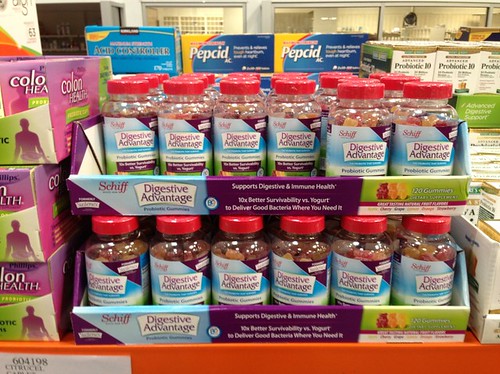
This official notification process typically takes several months and requires the submission of documents that are available for public review. Although the process is not legally binding—meaning that the US Food and Drug Administration (FDA) can raise questions about a product without preventing its launch—its review standards are significantly higher than those of other channels.
For dietary supplement companies, the GRAS (generally recognized as safe) channel available to food manufacturers is a simpler and faster route. This method involves adding new ingredients to food products (such as health shakes) and self-certifying their safety through GRAS certification. Once the food product is marketed, the company may legally incorporate the ingredient into dietary supplements.
Mr. Neltner noted that this process allows dietary supplement companies to “routinely and systematically” bypass the official rigorous approval process designed for new supplement ingredients. Companies may choose to voluntarily notify the FDA of new self-certified ingredients, and some companies even prefer to have the FDA review the ingredients.
However, during the voluntary notification process, the FDA typically raises fewer questions than in the more stringent dietary ingredient notification process. Steve Mister, CEO of the Nutrition Council (Dietary Supplement Industry Association), defended this practice.
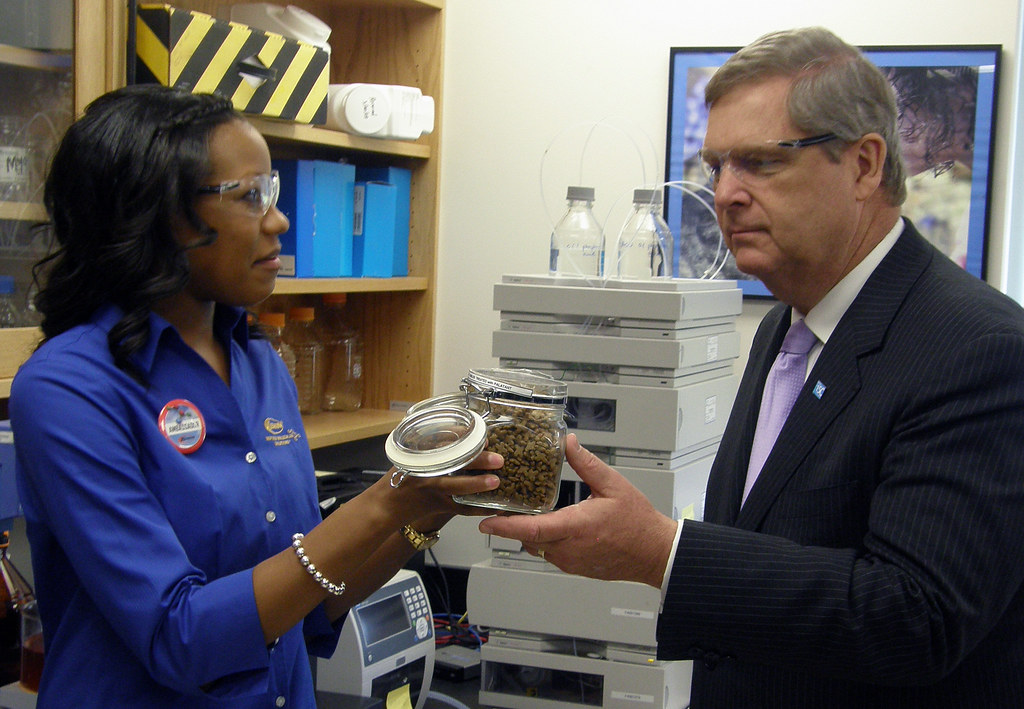
Mr. Mister asserted that the process helps to eliminate guesswork for manufacturers, stating that companies are not “trying to evade oversight.” Instead, he argued, it provides the “certainty and predictability that allows them to plan,” which is crucial for product development and market entry strategies within the industry.
Despite these assurances, in practice, supplement makers have occasionally withdrawn GRAS notices for new ingredients and proceeded to bring those ingredients to market regardless. A review conducted by the Environmental Defense Fund of 46 such notices submitted between 2014 and 2021 revealed that approximately one-quarter of these ingredients were later incorporated into supplements.
In a more extreme instance, Quincy Bioscience, the maker of the memory supplement Prevagen, submitted a GRAS notice for apoaequorin, a synthetic version of a protein derived from jellyfish. The company had previously attempted and failed twice to secure F.D.A. approval through the traditional supplement process, during which the agency had expressed “significant concerns.
Through the GRAS pathway, Quincy Bioscience self-certified apoaequorin as safe after incorporating it into a drink called Neuroshake and submitted a voluntary notice to the F.D.A. When the F.D.A. reportedly raised further questions, the company withdrew the notice, yet apoaequorin remains available on the market today. The company did not respond to requests for comment regarding this situation.
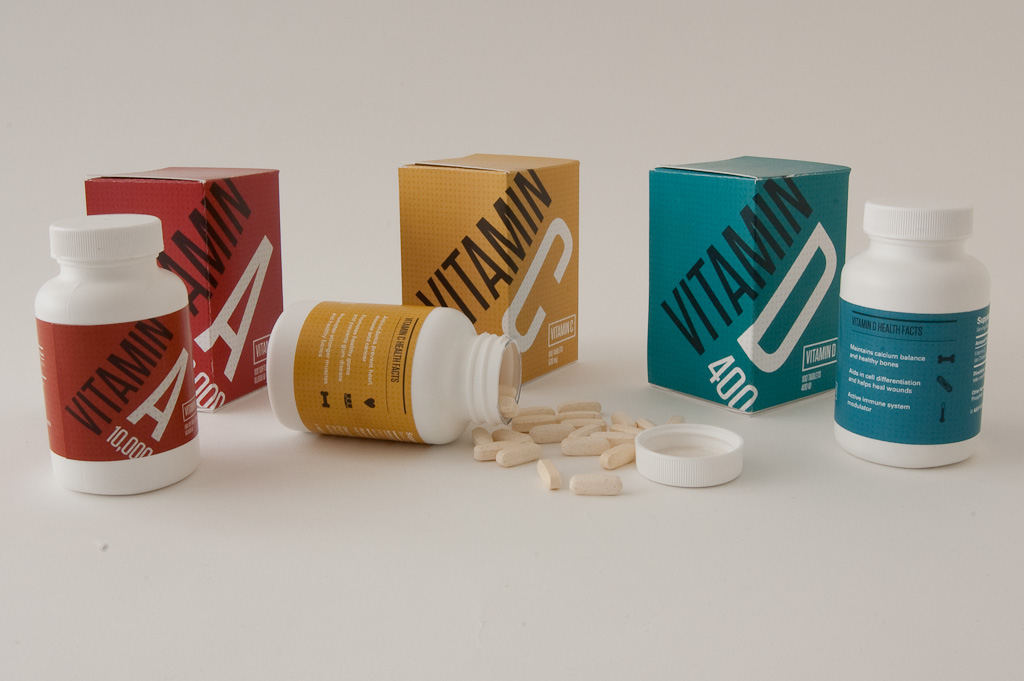
Jensen Jose, regulatory counsel at the Center for Science in the Public Interest, a food advocacy group based in Washington, critically described the current regulatory environment, stating, “We describe it as the wild west. There’s a sheriff but there’s not much he can do.” This vivid imagery underscores the perceived lack of effective enforcement and oversight.
The F.D.A., moreover, currently lacks the authority to mandate that supplements demonstrate effectiveness before being sold to consumers. When Congress, at the agency’s urging, previously considered legislation to require manufacturers of vitamins, herbal remedies, and other products to provide evidence of their safety and efficacy prior to marketing, it encountered an overwhelming public backlash.
By some accounts, this legislative effort generated more negative mail, phone calls, and telegrams than at any point since the Vietnam War, signaling intense public resistance. This significant opposition ultimately led to the enactment of the 1994 law, which broadly enabled the dietary supplement industry to introduce its products to the market without pre-market testing and to promote unproven benefits, provided these claims did not assert the ability to treat or cure diseases.

Since the passage of this 1994 law, the annual revenues of the supplement industry have surged dramatically, increasing from approximately $4 billion to an impressive $70 billion, illustrating the vast commercial success achieved under this regulatory framework. With Mr. Kennedy now holding a pivotal position, the industry anticipates further advancements.
It aims to pursue bolder health claims for its products and seek government, private insurer, and flexible spending account coverage for supplements. This would essentially place them on par with F.D.A.-approved pharmaceuticals, fundamentally altering their market positioning and accessibility.
On February 13, the very day Mr. Kennedy was sworn in as secretary of Health and Human Services, President Donald Trump unveiled his “Make America Healthy Again” agenda. This initiative specifically targeted alleged corruption within health regulatory agencies and issued directives to “ensure the availability of expanded treatment options and the flexibility for health insurance coverage to provide benefits that support beneficial lifestyle changes and disease prevention.
Read more about: Beyond the Battlefield: Unpacking the Enduring Legacy, Global Impact, and Urgent Needs of Our Nation’s Valued Veterans

Mr. Kennedy has consistently articulated his belief that exercise, dietary supplements, and nutrition, rather than solely pharmaceutical products, are fundamental to maintaining good health. Consequently, supplement makers are advocating for consumers to be able to utilize various programs, including health savings accounts, Medicare, and even benefits from the Supplemental Nutrition Assistance Program, or SNAP, to cover the costs of items such as vitamins, fish oil, protein powders, and probiotics.
Mr. Kennedy’s executive order directing the F.D.A. to review the food ingredient loophole represents his first major initiative as the nation’s top health official. This directive targets a decades-old regulatory gap that has permitted companies to introduce ingredients without explicit government review, aligning with his broader “Make America Healthy Again” agenda.
This agenda is sharply focused on identifying and addressing the root causes of chronic illnesses and childhood ailments, particularly targeting ultraprocessed foods containing added sugars, refined grains, seed oils, and chemical additives like food dyes and preservatives. Mr. Kennedy has even claimed that food manufacturers have been allowed to “mass poison” American children.
The announcement has garnered cautious support from elements within the food industry. The Consumer Brands Association, a prominent food industry trade group, characterized their discussions with Mr. Kennedy as “constructive.” They noted that the GRAS “process plays an important role in enabling companies to innovate to meet consumer demand.
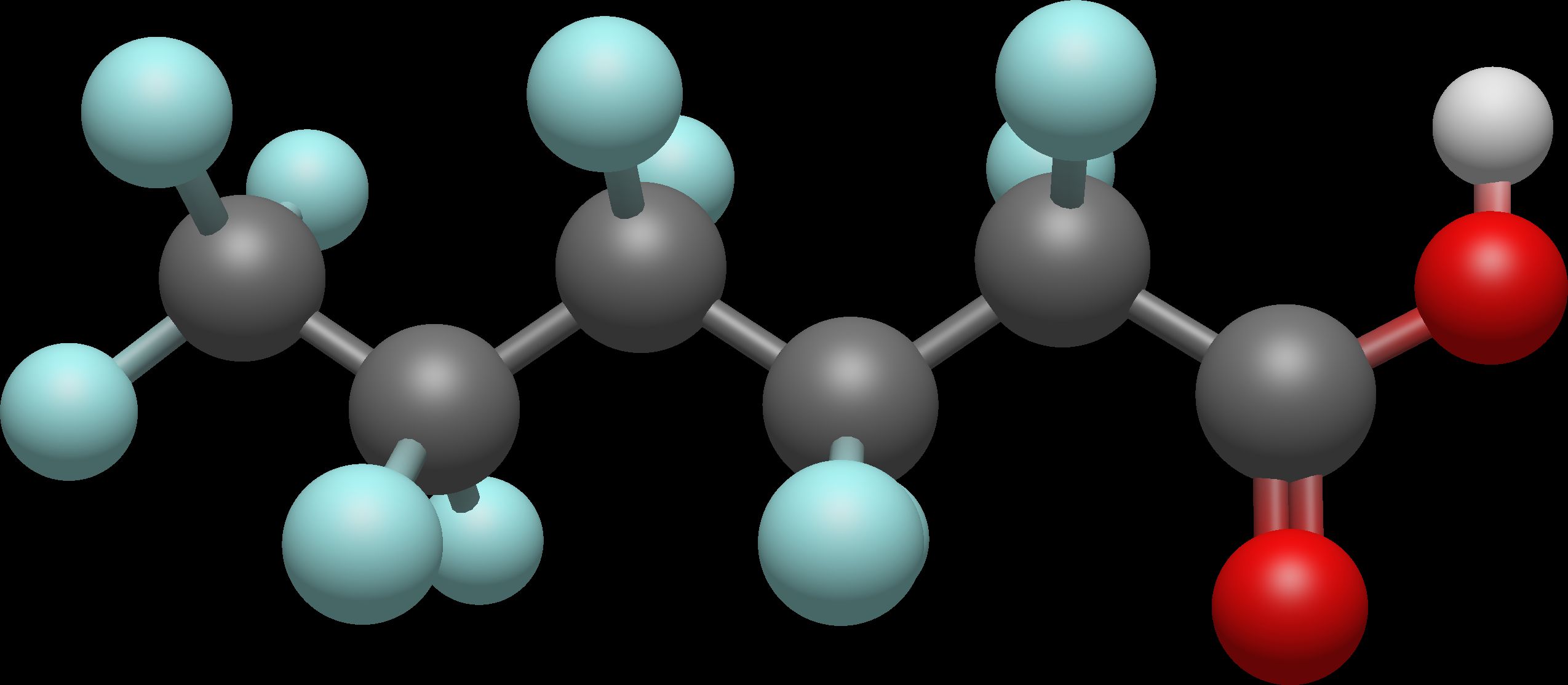
Sarah Gallo, a senior vice president at the CBA, stated, “As the administration looks to revise GRAS, we stand ready to work with agency experts on continued analysis of safe ingredients and increase consumer transparency.” This willingness to collaborate suggests an industry preparing for potential changes while seeking to maintain its operational flexibility.
Peter Lurie, President of the Center for Science in the Public Interest and a former top F.D.A. official during the Obama administration, described the development as “certainly a promising development,” despite his organization’s previous opposition to Mr. Kennedy’s nomination to lead H.H.S.
Robert M. Califf, who served as President Biden’s F.D.A. commissioner, also expressed support for the proposal. He noted, “It would be really good, but it would mean that the F.D.A. would have to staff up to assess the data that would determine whether an ingredient is safe. I am 100% in favor, but the budget impact would be significant.”
This concern over staffing highlights a recurring challenge for the F.D.A.: the need for adequate resources to fulfill its regulatory mandate effectively. The agency has previously faced resource challenges, including the termination and subsequent reinstatement of probationary workers responsible for regulating the nation’s food supply, amid efforts to reduce the federal workforce.
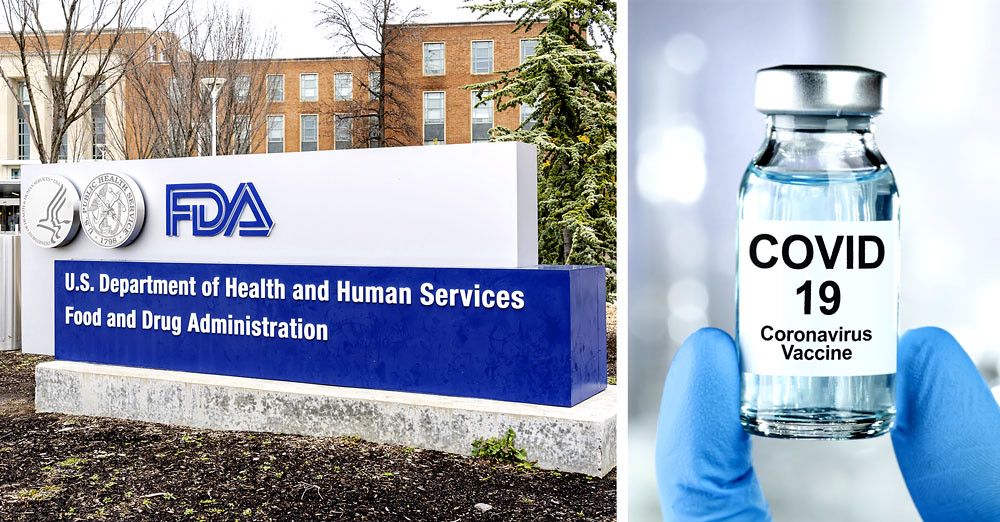
No specific timeline has been provided for when the F.D.A. might propose or finalize new rules concerning GRAS. The regulatory process, from the initial exploration phase that Mr. Kennedy has now initiated to proposal development, public comment periods, and eventual implementation, typically spans several years, underscoring the long-term commitment required.
While the recent announcement signals a clear direction, food safety advocates remain pragmatic, with Scott Faber characterizing H.H.S.’s move as simply announcing a “plan to plan.” This perspective emphasizes that while the intention is clear, the path to tangible reform remains long and complex, requiring persistent effort and navigation of diverse interests.



